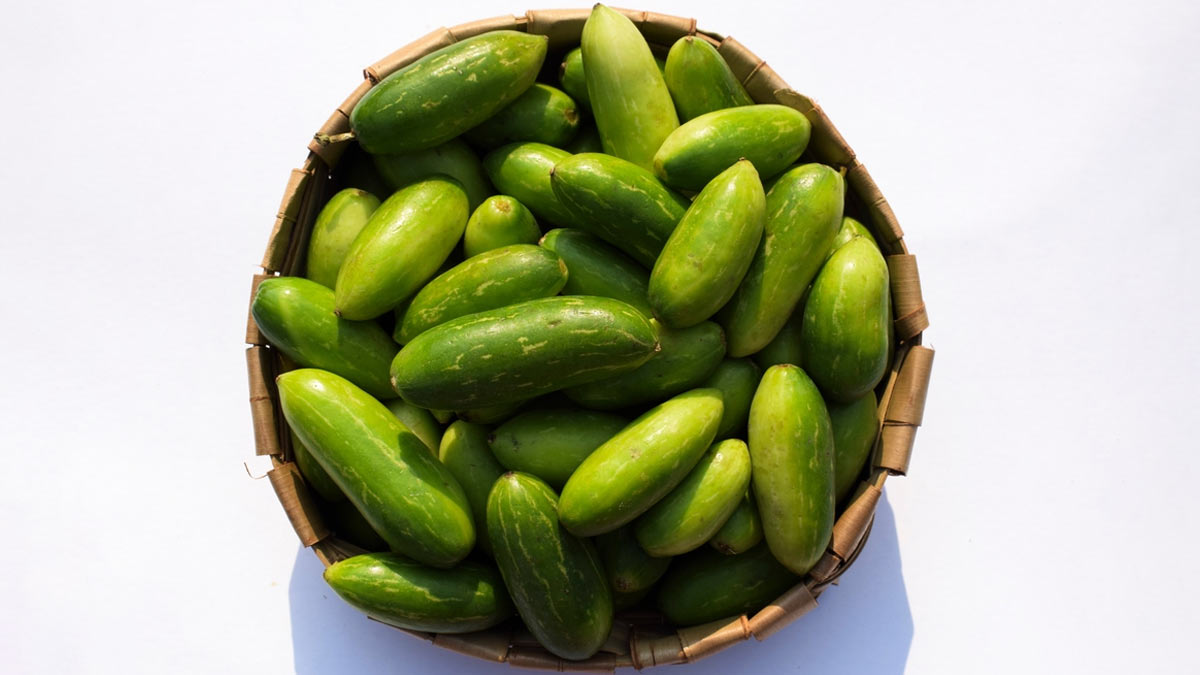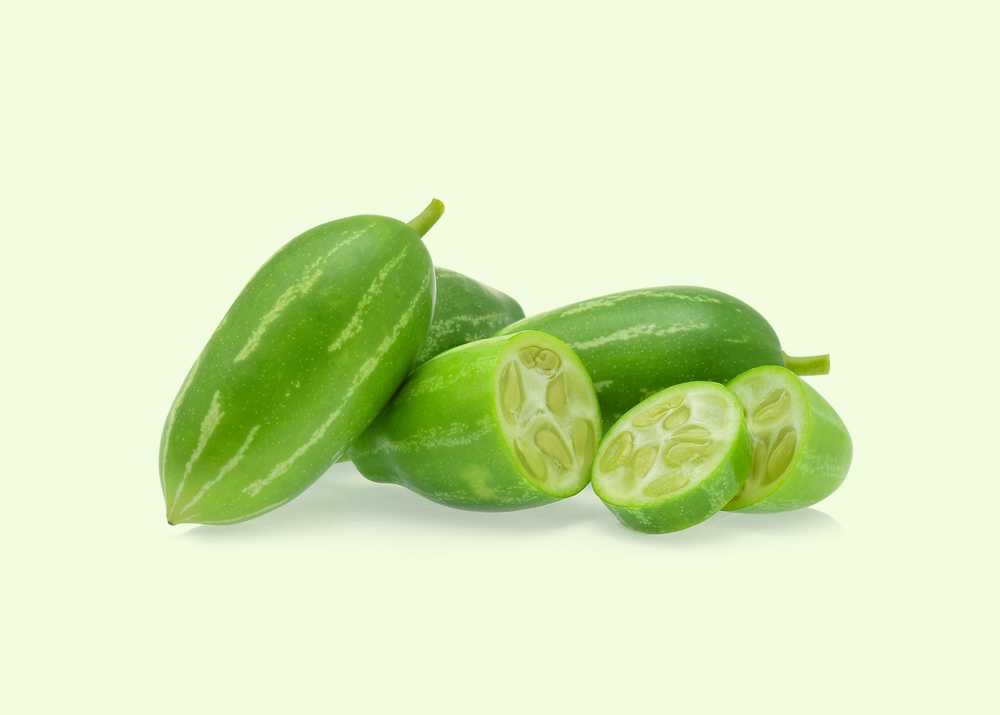
Ivy gourd, scientifically known as Coccinia grandis, is a tropical vine that belongs to the cucumber family. It is commonly found in Asia and Africa and is renowned for its culinary and medicinal properties. Ivy gourd, also known as tindora, kovakkai, or scarlet gourd, is a versatile vegetable that offers a wide range of health benefits. Let's delve into the various ways in which ivy gourd can boost your health.
Table of Content:-
Rich in Nutrients
Ivy gourd is packed with essential nutrients that are vital for maintaining good health. It is a rich source of vitamins A and C, as per a study published by ScienceDirect, which are powerful antioxidants that help protect the body against free radical damage. Additionally, ivy gourds contain a good amount of vitamin B2 (riboflavin) and B6, which are important for energy production and maintaining healthy skin and eyes.

Blood Sugar Control
One of the most notable health benefits of ivy gourd is its ability to help regulate blood sugar levels. WebMD says it is beneficial for people with diabetes. Ivy gourd contains compounds that mimic the action of insulin, the hormone responsible for regulating blood sugar. This makes it a valuable food for individuals with diabetes or those at risk of developing the condition. Consuming ivy gourd regularly may help improve insulin sensitivity and reduce blood sugar spikes after meals.
Also read: 10 Effective Strategies To Prevent Blood Sugar Spikes After Breakfast
Weight Management

Studies show that ivy gourd is low in calories and rich in dietary fibre, making it an excellent choice for those looking to manage their weight. The fibre content in ivy gourd helps promote feelings of fullness, reducing overall calorie intake. Additionally, the fibre aids in digestion and helps maintain a healthy digestive system, which is essential for weight management.
Heart Health
Including ivy gourd in your diet may also benefit your heart health. The high potassium content in ivy gourd helps regulate blood pressure and reduces the risk of cardiovascular diseases. Furthermore, as per studies, the antioxidants present in ivy gourd help prevent the oxidation of cholesterol, which can lead to clogged arteries and heart disease.
Boosts Immunity

Ivy gourd is rich in antioxidants, including vitamin C, which help boost the immune system. Antioxidants help neutralise harmful free radicals in the body, reducing the risk of chronic diseases and infections. Including ivy gourd in your diet can help strengthen your immune system and keep you healthy.
Anti-inflammatory Properties
Ivy gourd contains compounds that possess anti-inflammatory properties, which can help reduce inflammation in the body. Chronic inflammation is linked to various health conditions, including heart disease, diabetes, and cancer. Consuming ivy gourd regularly may help reduce inflammation and lower the risk of developing these diseases.
Also read: 5 Anti-inflammatory Teas Beneficial For Health
Supports Digestive Health

The high fibre content in ivy gourd makes it beneficial for digestive health. Fibre helps promote regular bowel movements and prevents constipation. Additionally, fibre acts as a prebiotic, feeding the beneficial bacteria in the gut and promoting a healthy gut microbiome.
How to Incorporate Ivy Gourd into Your Diet
Ivy gourd can be enjoyed in a variety of ways. It can be stir-fried, sautéed, or added to curries and soups. You can also pickle ivy gourd or add it to salads for a crunchy texture. Including ivy gourd in your diet is a delicious way to reap its numerous health benefits.
Conclusion
Ivy gourd is a nutrient-packed superfood that offers a wide range of health benefits. From regulating blood sugar levels to boosting immunity and supporting digestive health, ivy gourd is a valuable addition to any diet. Consider incorporating this versatile vegetable into your meals to enhance your overall health.
Also watch this video
Read Next
Side Effects Of Consuming Too Much Butter: Expert Shares How Much Butter You Should Eat In A Day
How we keep this article up to date:
We work with experts and keep a close eye on the latest in health and wellness. Whenever there is a new research or helpful information, we update our articles with accurate and useful advice.
Current Version